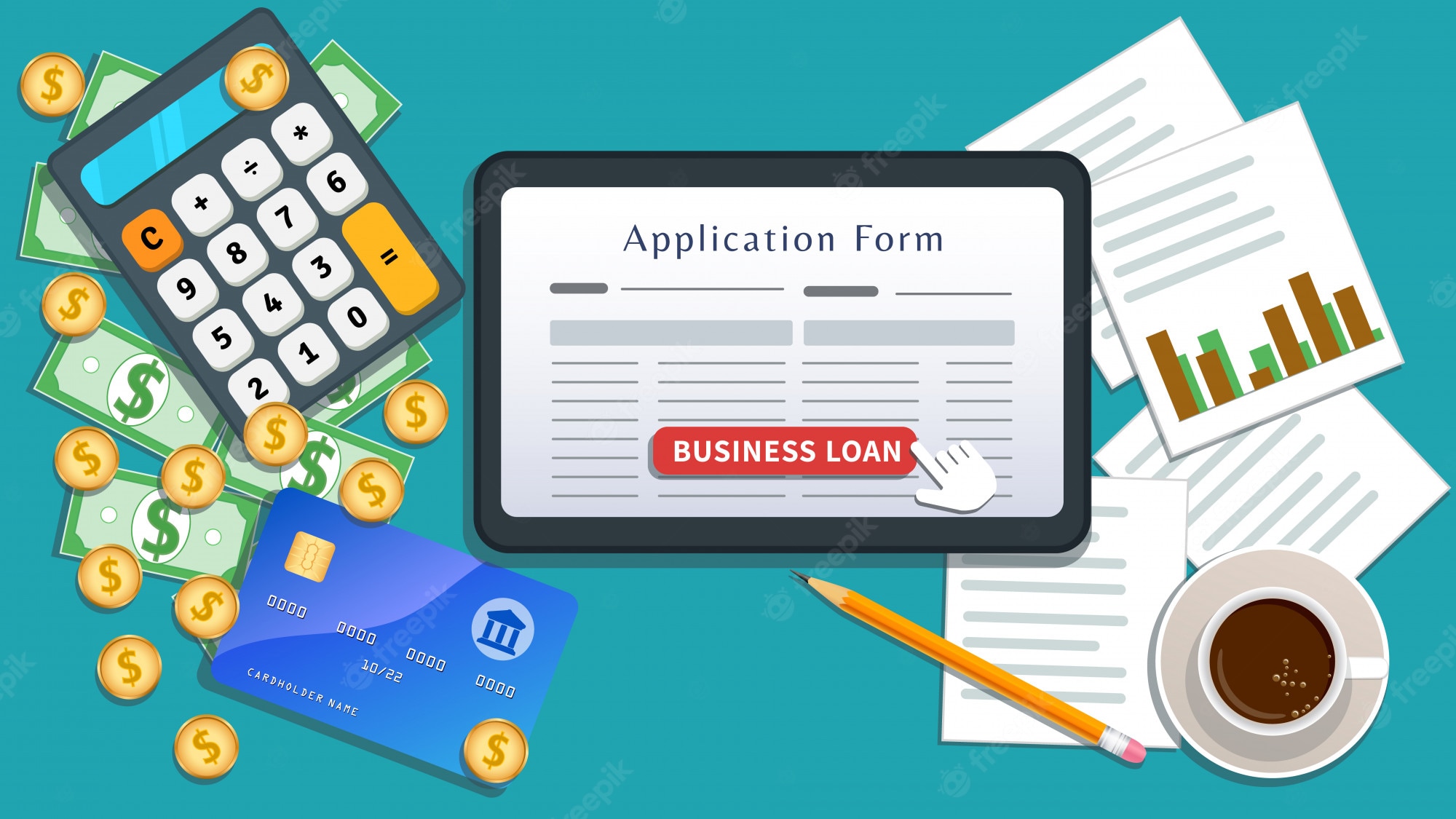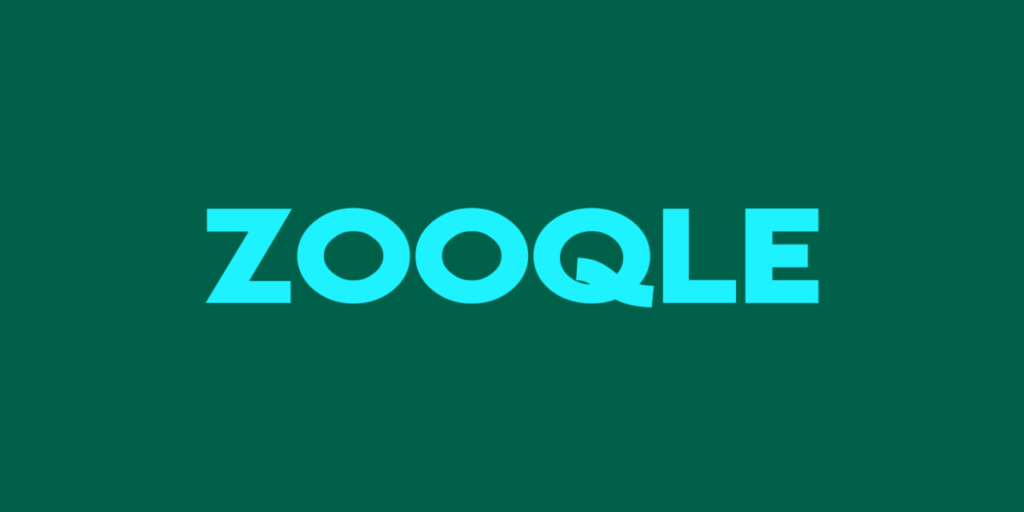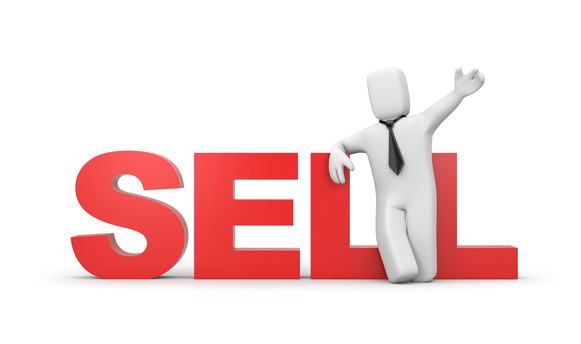How to Open a Business Account with a Bank
When you open a bank business account, you will be asked about your business and its financial needs. You will also need to provide documents such as an operating agreement or corporation details. Depending on the type of business and what services you want from the bank, you may have different options for business accounts.
Here is an overview of your options with common banks. Account types vary by bank, so be sure to look into each one individually before choosing one. Every account has different benefits – some will offer free cashier services and others may give you bonus rewards points on purchases.
If you’re unsure which type of account is right for your needs, contact the bank directly for details about their services, fees, and requirements to open an account.
What is a business account?
A business account is a type of bank account that allows businesses to deposit and withdraw money, pay bills, and transfer funds, similar to a personal account. Because businesses often operate on a larger scale than individuals, a business account offers additional features and services to facilitate your financial transactions.
Depending on the type of account you choose, with a bank business account , access to funds is achieved immediately, access to bill pay services, or have a higher deposit limit. Business accounts can help you manage your finances more efficiently and keep track of your spending.
A bbusiness account can also help you establish your business’s credibility. If you write a business check, your account information will be listed on the check. If you use a personal account, you can write checks from a business account that include the business name, which helps promote the business.
Checking Accounts
A checking account is the most common type of business account. A checking account allows you to pay bills, transfer funds, and withdraw money from ATMs without having to go to the bank. While a checking account offers you the most control over your finances, it also comes with the most maintenance.
You will be expected to keep a minimum amount in the account, and your account will be charged if you don’t maintain the minimum balance. In addition to keeping a minimum in your account, you will likely have to pay a monthly fee to use the account. Checking accounts are best for businesses that need immediate access to funds and don’t have a high volume of transactions.
Money Market Accounts
A money market account is essentially a combination of a savings and a checking account. This type of account is designed for businesses that have a high volume of transactions but don’t maintain a large amount of funds in the account.
Money market accounts offer higher interest rates than standard checking accounts, and they often allow you to write a limited number of checks per month. You may be charged a fee if you exceed this amount. A money market account may require a higher deposit than a standard checking account, but not as high as a savings account.
A money market account offers you the benefits of a checking account but with higher interest rates. This type of account is ideal for businesses that need quick access to their funds but want to earn interest on their money.
Savings Accounts for Businesses
Savings accounts are the standard type of account offered by banks, and they are designed for businesses that do not need immediate access to their funds. Because of the slow withdrawal process, savings accounts are ideal for businesses that plan to invest the money over time.
You can open a savings account at most banks and will usually be charged a small fee for withdrawing funds. Savings accounts are best for businesses that don’t need to access their funds often. They are easy to open and will allow you to earn interest on the money in the account.
IRA Accounts for Small Businesses
Individual retirement accounts (IRAs) are designed for retirement savings, but small businesses can also open IRA accounts to invest their money. If you are self-employed, you can open an IRA account as a way to save for retirement. IRAs have lower deposit requirements than a standard savings account, making them ideal for small businesses with limited funds.
Most banks offer IRA accounts and will help you choose a type of IRA based on your needs. IRAs are designed to meet your retirement savings needs, so they are a long-term investment. Small businesses can open IRA accounts and contribute a set amount each month. This helps you save for big purchases and large investments, such as new equipment or a warehouse.
Visa-Based Accounts
Visa-based accounts are designed for businesses that have a high volume of transactions. These accounts require a business to maintain a high balance in the account, but they allow businesses to withdraw funds from an ATM without paying a fee.
Visa-based checking accounts can be helpful for businesses with a high volume of transactions. These accounts are designed to help businesses track their spending, and they can also help you earn rewards on your purchases. Businesses that use a Visa-based account can link the account to their credit card for automatic payments. This helps you avoid paying late fees and penalty interest rates, and it ensures that all of your bills are paid on time.
Conclusion
A business account can help you manage your finances more efficiently and keep track of your spending. The type of account you choose will depend on your business’s needs, and you can open an account at most banks.
A checking account is the most common type of business account and offers immediate access to funds. A money market account is a combination of a checking and savings account, and it is ideal for businesses with a high volume of transactions.
Savings accounts are best for businesses that don’t need immediate access to funds and plan to invest the money over time. IRA accounts are designed for small businesses that want to save for retirement. Visa-based accounts are helpful for businesses with a high volume of transactions.









